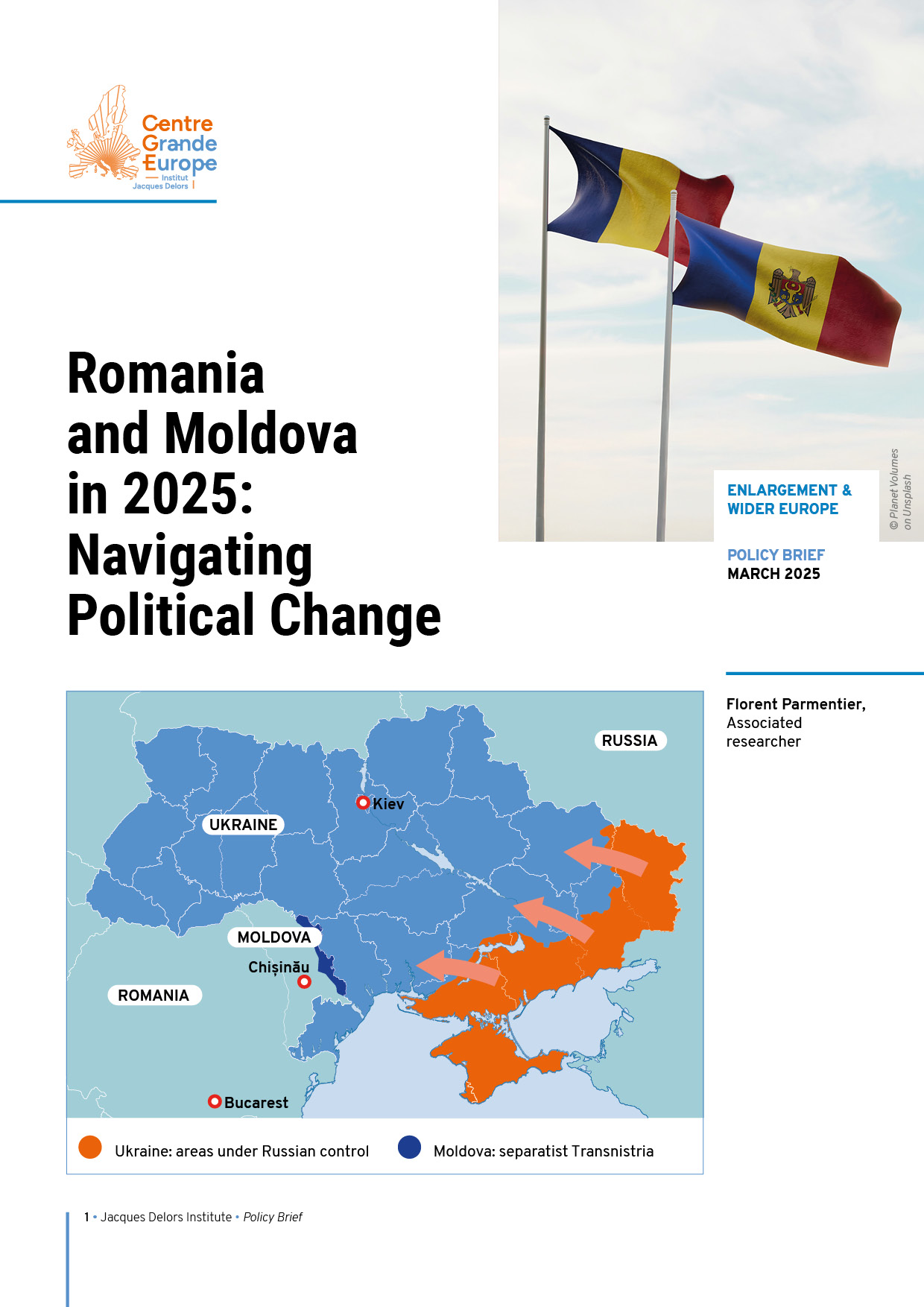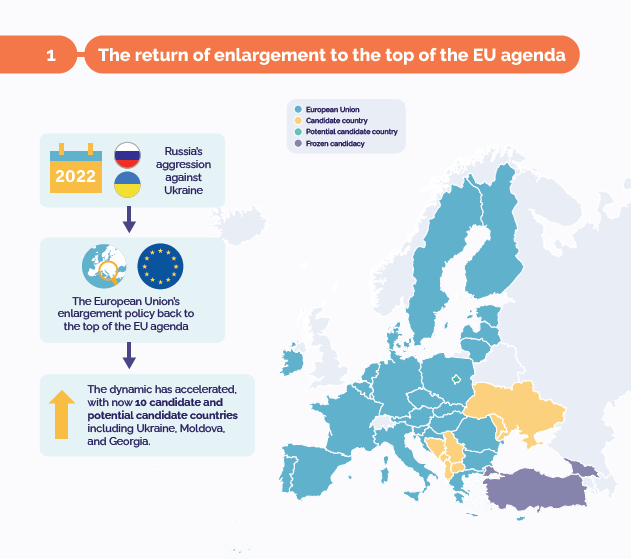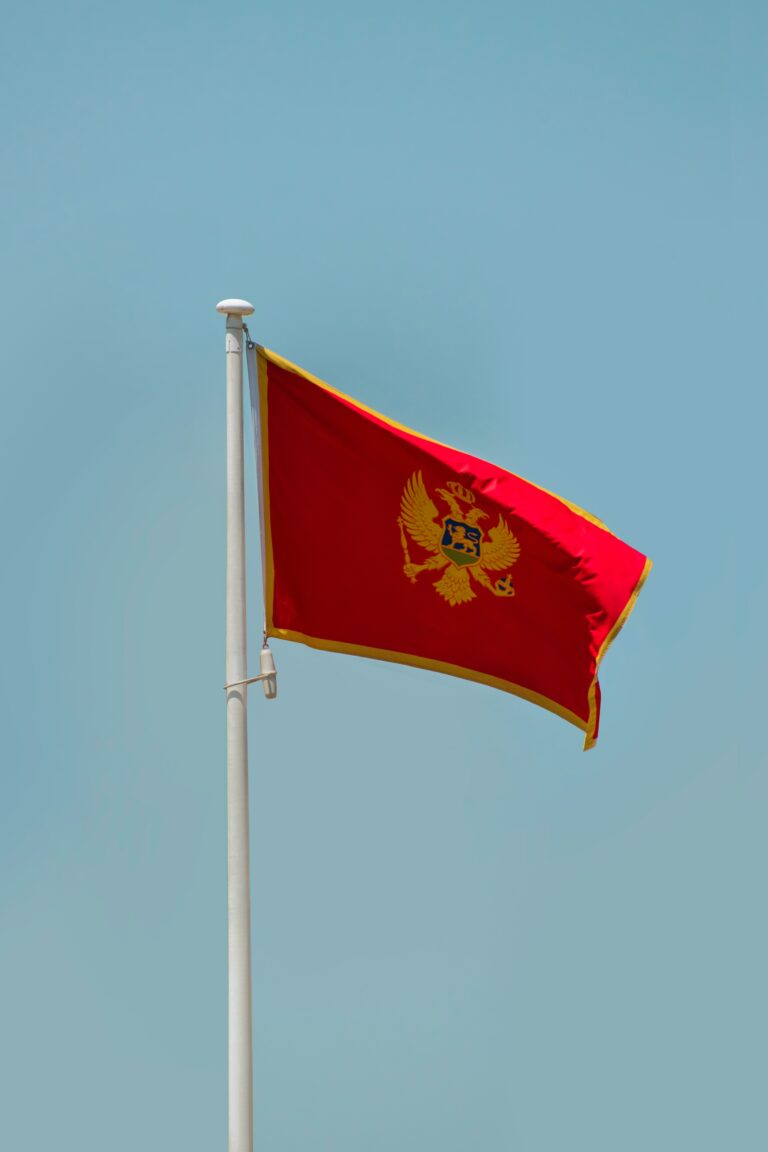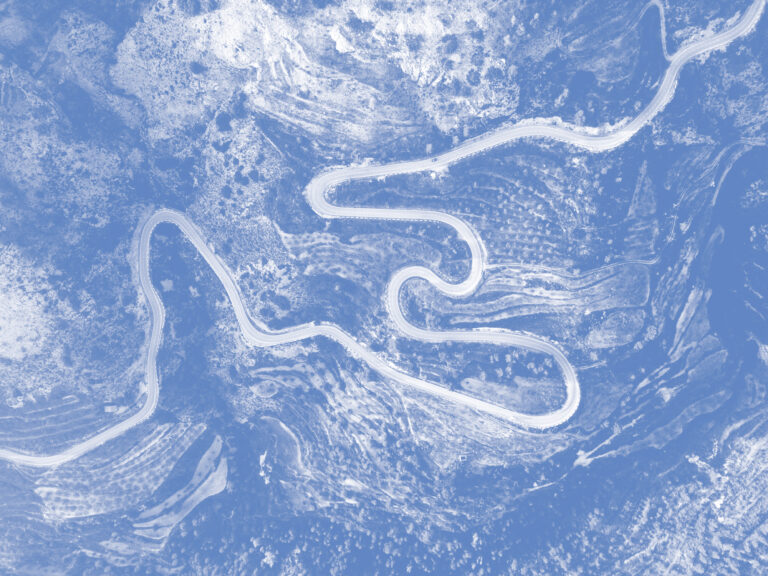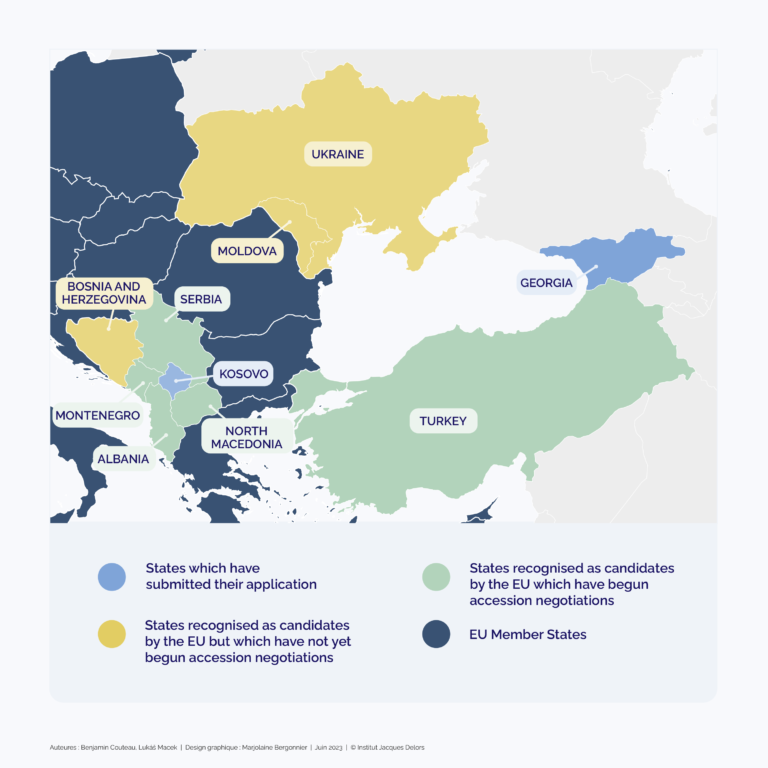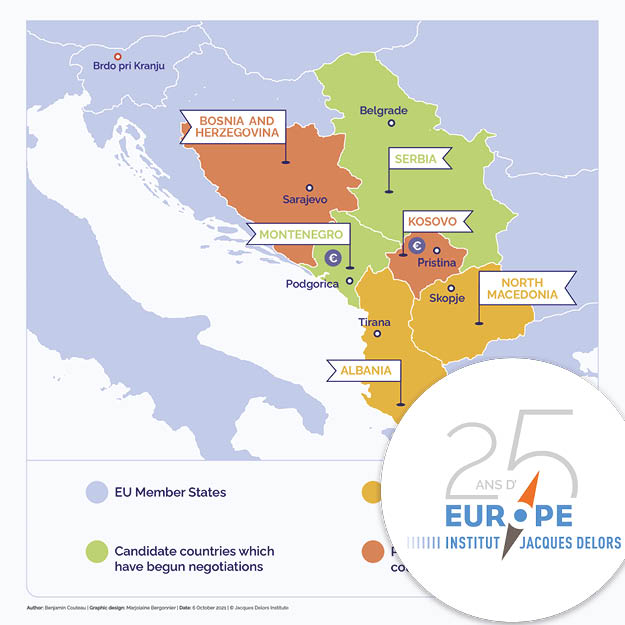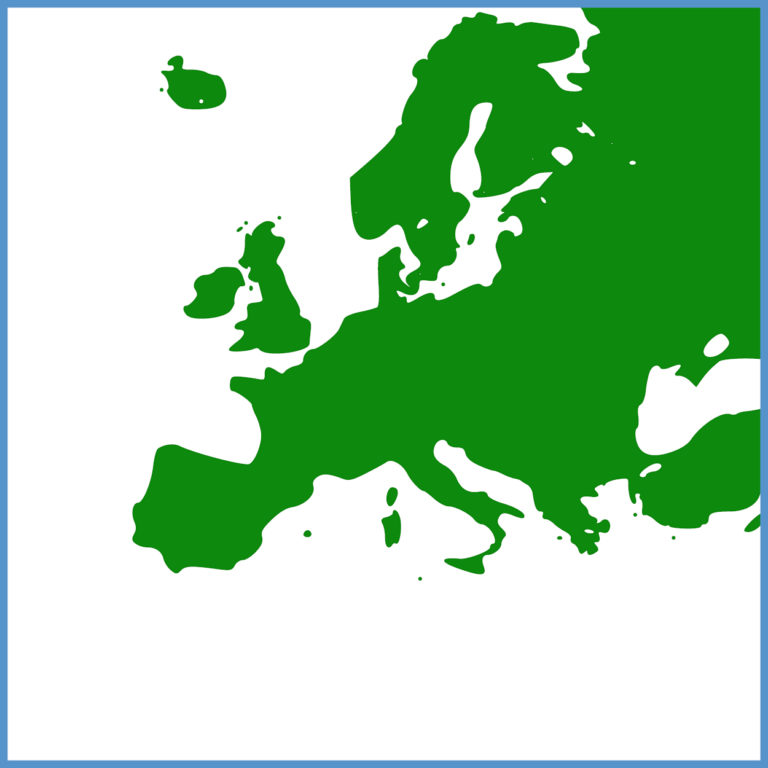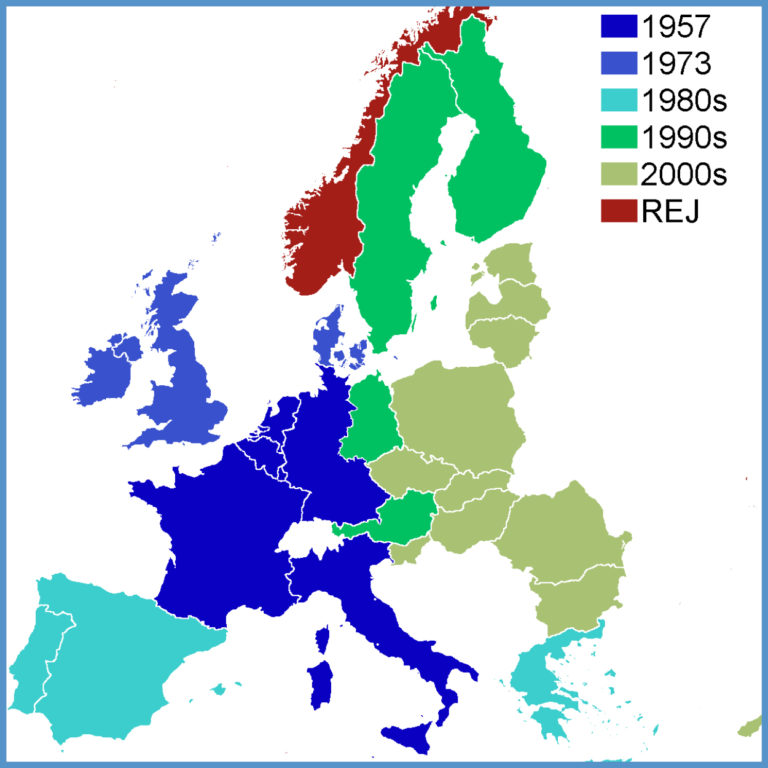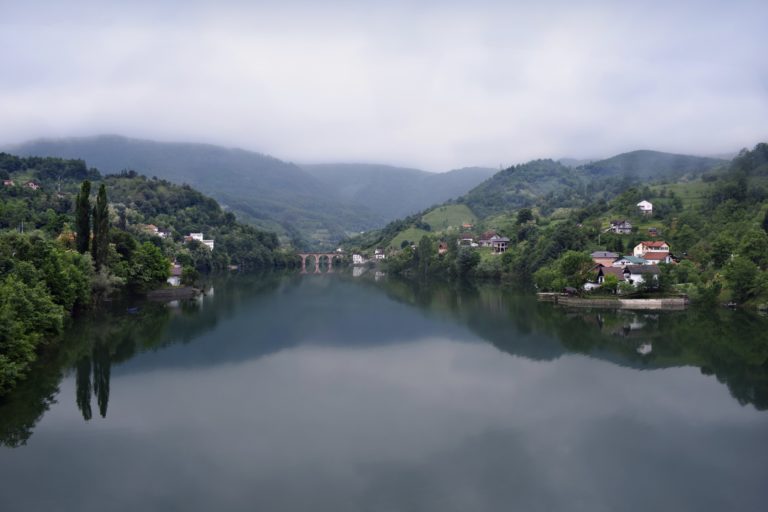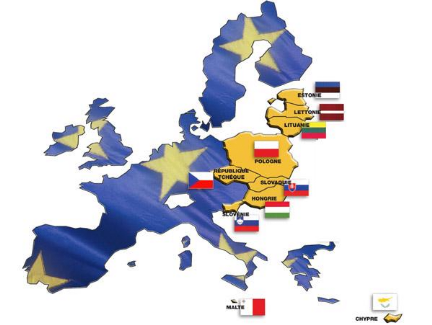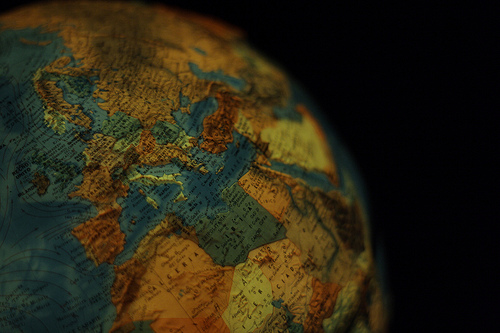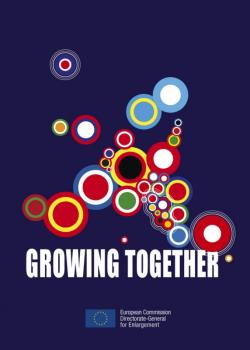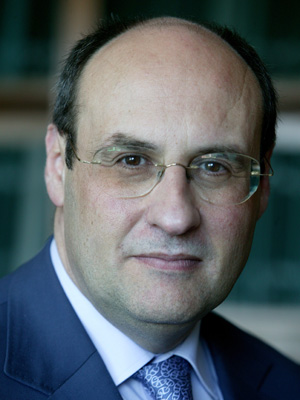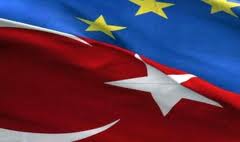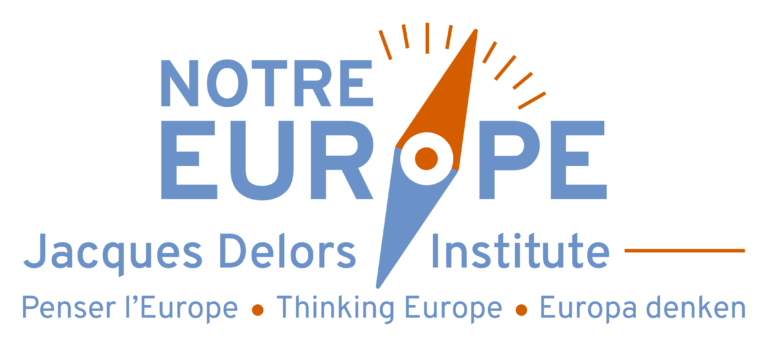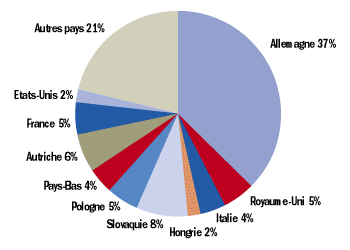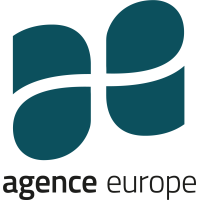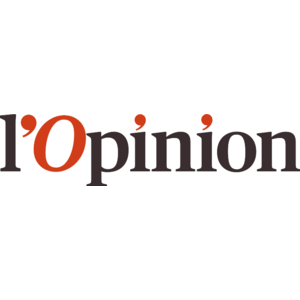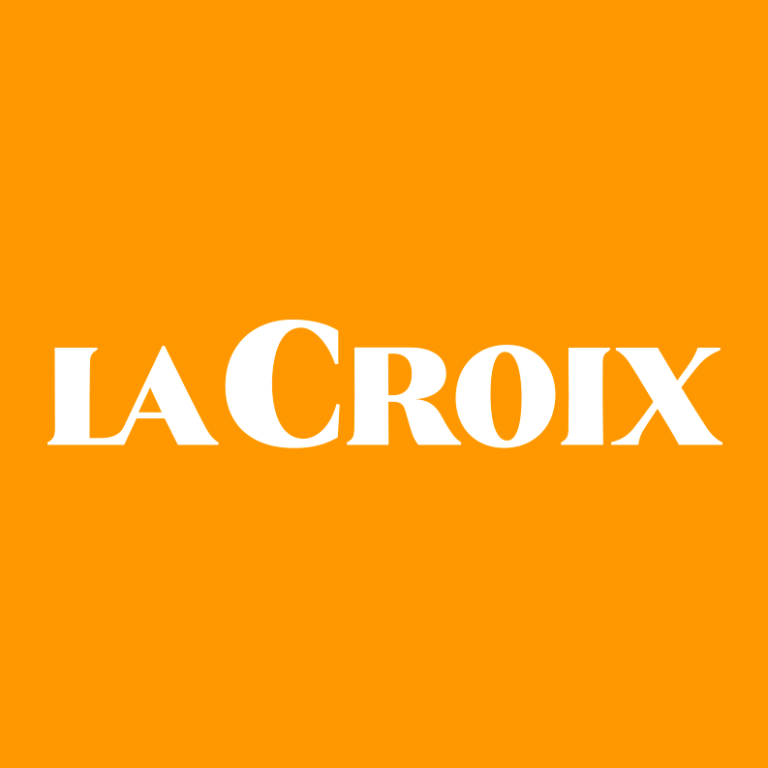Brief
Romania and Moldova in 2025: Navigating Political Change
Quote this publication
Parmentier, F. “Romania and Moldova in 2025: Navigating Political Change”, Brief, Jacques Delors Institute, March 2025
In the South-West of Ukraine, the strategic, political and economic effects of the war are having a profound effect on the two Romanian-speaking states of Romania and Moldova. Behind this geographical, historical and cultural proximity, the two neighbouring countries are nevertheless distinguished by their distinct political trajectories following the collapse of the USSR (1991): Romania, anchored in the European Union and NATO, recently took a further step forward with its entry into the Schengen area on 1st January 2025, thus consolidating its Euro-Atlantic integration. In contrast, Moldova, which has been an official candidate for European enlargement since June 2022, remains constitutionally neutral in military terms and faces specific challenges linked to its geopolitical positioning.
The year 2025 promises to be a decisive turning point for these two nation states. Internally, crucial elections – presidential in Romania and parliamentary in Moldova – could redefine the political balance and national priorities. At regional level, developments in the war in Ukraine and the effects of the Trump presidency are clearly continuing to reshape European geopolitics, exacerbating the political and security stakes for these two countries.
What impact will an uncertain future for Ukraine have on Romania and Moldova in 2025?
SUR LE MÊME THÈME
ON THE SAME THEME
PUBLICATIONS
The budgetary costs of enlargement: Setting the basis for a well-informed debate

Towards an Agenda 2030 for Enlargement

Albania’s steep road for accession by 2030

Enlargement needs an Associated State status

Montenegro’s EU Push: Imminent Opportunities and Challenges

Montenegro’s new government: marching towards the European Union

Rival Influences in the Western Balkans: Hard Facts and Limitations

[FR] Kosovo/Serbia tensions

Enlargement of the European Union: an unexpected revival

Advocating gradual accession to the European Union

How enlargement accomplishes European unity while changing its nature

Western Balkans:
where is the enlargement process up to?

How would the EU accession procedure
really improve?

France’s questionable arguments against EU enlargement

Élargissement :
Faire tomber le mur du rejet

United in growing diversity: How the EU takes intercultural relations into account in its Western Balkans enlargement policy

The EU and enlargement ten years on: success and improvement

What borders for the EU: a variable geometry neighborhood?

“Europe” and its “enlargements”: enough… or do we want more?

Averting two pitfalls: illusion and inertia

Desperately looking for more EU-Turkey geo-political and geo-economic cooperation

Enlargement of Europe: some consequences for France

Turkey at the gates of Europe

Adaptation of Cohesion policy to the enlarged Europe and the Lisbon and Göthenburg objectives

Speech of Jacques Delors at the Conference of European Institutes of Statistiques

Direct investement in new Central and Oriental Europe’s member

An “Avant-garde” driving the European unification process forward

MÉDIAS
MEDIAS
L’Albanie au grand défi d’adhérer en 2030

En Géorgie comme en Moldavie, les dirigeants européens doivent soutenir la démocratie

Géorgie, Moldavie, Ukraine : l’Europe est-elle en train de perdre son flanc oriental ?










